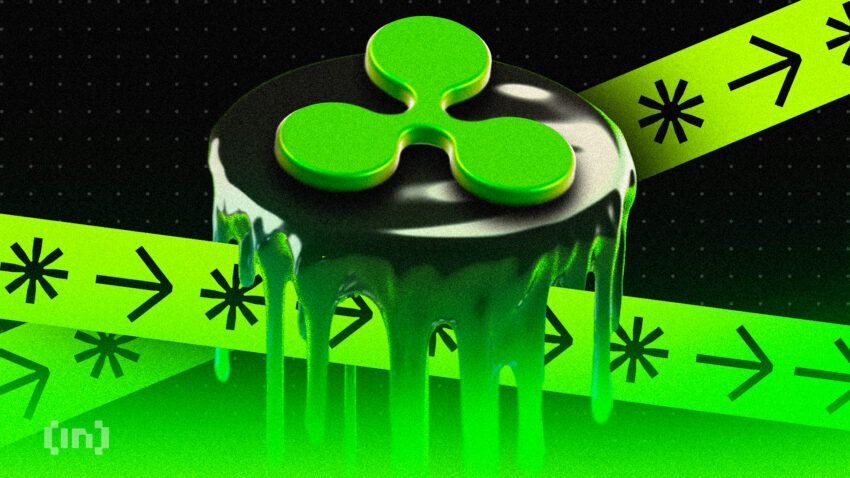Attorney Fred Rispoli, a Ripple (XRP) advocate, has given a timeline for when the case against the US Securities and Exchange Commission (SEC) could end. It comes after Binance made progress in its securities case.
As regulatory clouds in the US remain thick for crypto-related firms, defendants look for outcomes in their peers’ cases that could serve as common denominators across the industry.
XRP Advocate Says SEC Ripple Case Could End in July
Responding to a question on when the SEC versus Ripple case could end, Attorney Rispoli said July 31. Alternatively, it could end on July 13, which he terms a “poetic” twist. This is considering Federal Court Judge Annalisa Torres’ decisionon the same date last year: XRP is a commodity when sold to the general public.
“Therefore, having considered the economic reality and totality of circumstances surrounding the Institutional Sales, the court concludes that Ripple’s Institutional Sales of XRP constituted the unregistered offer and sale of investment contracts in violation of Section 5 of the Securities Act,” an excerpt from the Summary Judgment had read on July 13, 2023.
The decision continues to prove significant even today. It was a watershed moment for the Ripple community, sending the XRP price up by over 100% while naysayers watched from the sidelines.
With Judge Torres’ ruling serving as a precedent, Judge Amy Berman Jackson of the US District Court for the District of Columbia partially dismissed part of the regulator’s charges against Binance regarding BNB sales on the secondary market.
“The court ruled that the SEC failed to allege facts indicating that secondary market sales of BNB tokens on crypto exchanges were securities transactions. The court also rejected the SEC’s argument that Binance’s fiat-backed stablecoin, BUSD, classifies as an investment contract. While some of the SEC’s claims were dismissed, the court allowed certain claims to proceed at this point. However, we expect the SEC will face significant challenges in proving these claims,” an excerpt from Binance’s announcement read.
Read more: Crypto Regulation: What Are the Benefits and Drawbacks?
Judge Jackson also questioned the US SEC’s approach to using litigation to oversee the industry. According to the court, this is inefficient as it fails to sufficiently clarify relevant parties.
Put plainly, litigating the digital asset industry on a “case by case, coin by coin, court after court” approach causes inconsistent results while making everything rather ambiguous. Pivoting on this determination, Ripple filed a notice of supplementary authority.
In the filing, the San Francisco-based blockchain company argued that clarifying the legal status of various crypto tokens is crucial. Ripple noted that this regulatory uncertainty indicates it did not show “reckless disregard” for the law with its XRP sales. According to the firm, this renders the SEC’s harsh remedies unwarranted.
Read more: What Is the Howey Test and How Does It Impact Crypto?
Attorney Rispoli says it could end this month as Ripple continues its dispute regarding remedies with the financial regulator. Nevertheless, much remains in the balance, as Judge Jackson’s court allowed some US SEC claims to proceed. Among them, direct sales of crypto tokens could render them securities transactions if the financial regulator could demonstrate it.
This development highlights the extent to which the SEC’s regulatory authority in the cryptocurrency industry is stretched. It also indicates the need for consistent regulation, as fairness would promote growth and innovation.
Trusted
Disclaimer
In adherence to the Trust Project guidelines, BeInCrypto is committed to unbiased, transparent reporting. This news article aims to provide accurate, timely information. However, readers are advised to verify facts independently and consult with a professional before making any decisions based on this content. Please note that our Terms and Conditions, Privacy Policy, and Disclaimers have been updated.


